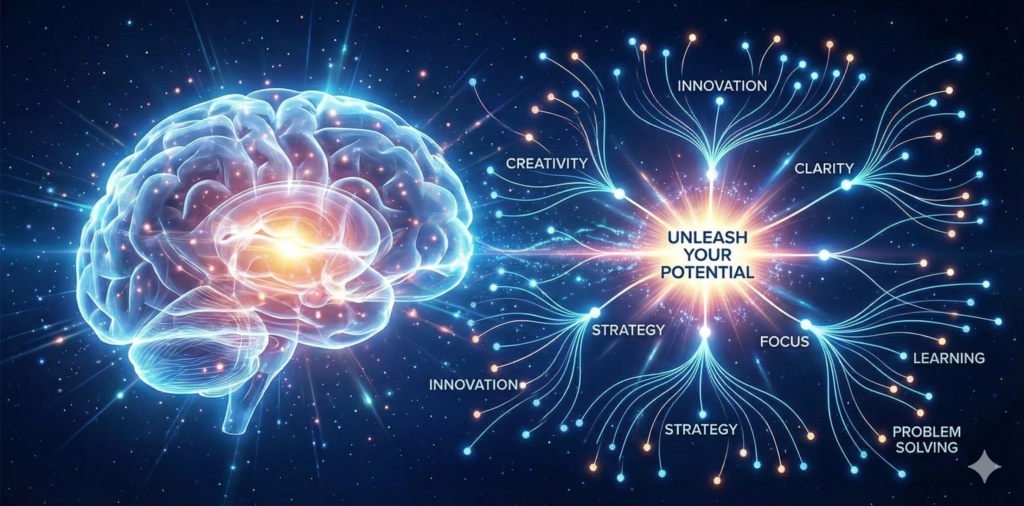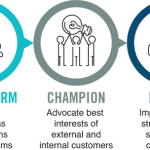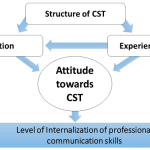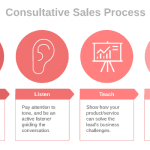Time Management Training is a crucial asset for both employees and organizations. In Taiwan, effective time management training boosts productivity and enhances overall workplace performance. This article explores the significance of time management training, its key components, and the challenges organizations face. We’ll also review various training options available in Taiwan and how to measure their effectiveness.
Key Insights into Time Management Training
- Time management training can dramatically improve employee productivity and organizational success.
- Cultural considerations are vital for effective time management training in Taiwan.
- SMART goal setting and prioritization techniques are essential parts of time management training.
- Custom training programs tailored to specific employee needs are more effective.
- Ongoing support and practical exercises are critical to overcoming time management challenges.
Understanding the Importance of Time Management Training in Taiwan
Time management training is fundamental to
corporate training in Taiwan. It equips employees with the tools to manage their time efficiently, leading to enhanced productivity and timely task completion.
Impact on Employee Productivity
When employees master time management, they can focus on tasks without feeling overwhelmed. This results in higher productivity and improved work quality. Effective prioritization and goal setting contribute to meeting deadlines and drive overall company success.
Organizational Benefits
Companies that invest in time management training experience benefits such as improved performance, increased job satisfaction, and reduced employee stress. These programs create a more organized, efficient work environment, leading to better results.
Cultural Considerations
Cultural factors significantly impact the effectiveness of time management training in Taiwan. Concepts like teamwork and respect for hierarchy influence employee approaches to time management. By tailoring training to fit these cultural nuances, organizations can see better outcomes.
Time management training fosters a more productive and harmonious workplace.
Key Components of Effective Time Management Training
SMART Goal Setting
Setting SMART goals—Specific, Measurable, Achievable, Relevant, and Time-bound—helps employees concentrate on clear objectives and monitor their progress.
Prioritization Techniques
Techniques like the Eisenhower Matrix and ABC analysis are crucial for identifying urgent and important tasks, enabling employees to allocate time more effectively.
Overcoming Time-Wasting Habits
Eliminating habits such as procrastination, excessive social media use, and poor planning is vital. Identifying and addressing these habits significantly improves productivity.
Effective time management leads to higher job satisfaction and productivity.
Tailoring Time Management Training to Employee Needs
Conducting a Needs Assessment
Understanding employee needs is the first step toward effective training. A thorough assessment identifies the unique challenges your team faces.
Maximizing employee potential begins with understanding their requirements.
Customizing Training Programs
Tailoring sessions to address the specific needs of employees ensures relevance and engagement. Blending online and offline methods can increase retention and effectiveness.
Incorporating Practical Exercises
Hands-on activities and real-life scenarios ensure that employees can apply what they learn. This approach makes training more engaging and effective in the long run.
Practical exercises help employees manage their time better, leading to improved productivity and satisfaction.
Providing Ongoing Support
Ongoing support after the training session is crucial for reinforcing skills. This could include follow-up sessions, coaching, and access to additional resources, ensuring continuous improvement.
Challenges and Solutions in Time Management Training

Identifying Common Barriers
Organizations may face several challenges, including resistance to change, lack of follow-up, varying learning styles, and time constraints. Addressing these challenges proactively can make training more effective.
Strategies to Overcome Challenges
- Conducting a Needs Assessment: Understanding the needs of employees allows for more targeted training.
- Customizing Programs: Tailored training is more relevant and engaging.
- Incorporating Practical Exercises: Real-world exercises help employees apply skills immediately.
- Providing Ongoing Support: Continuous support reinforces learning.
Ensuring sustained motivation and engagement is crucial for the long-term success of time management training.
Exploring Time Management Training Options in Taiwan
Instructor-Led Training
Instructor-led training offers structured sessions where employees can receive immediate feedback. This format allows trainers to tailor content based on participant needs.
Online vs. Onsite Training
Online training provides flexibility, while onsite training fosters better team collaboration. Weighing the pros and cons of each is essential for selecting the best format.
Corporate Group Training
Group training promotes a unified approach to time management. These sessions can be customized to meet the specific needs of your organization.
Corporate group training can enhance team performance and cohesion in Taiwan.
Evaluating Training Effectiveness
Measuring Outcomes
To determine the effectiveness of time management training, track key performance indicators (KPIs) like productivity, task completion rates, and employee satisfaction. Pre- and post-training assessments can provide a clear measure of progress.
Feedback and Continuous Improvement
Collecting feedback from participants allows organizations to refine their programs continually. Regular surveys and meetings help to address any gaps and ensure continuous improvement.
Case Studies from Taiwanese Companies
Learning from case studies of successful time management training initiatives in Taiwan provides practical insights and highlights best practices.
Conclusion
Time management training is essential for improving both individual and organizational productivity. A range of training options is available in Taiwan, each designed to help employees master time management techniques. Tailored programs, ongoing support, and continuous improvement are key to ensuring success.
Contact Us to learn more about how we can help you enhance your team’s time management skills.





















